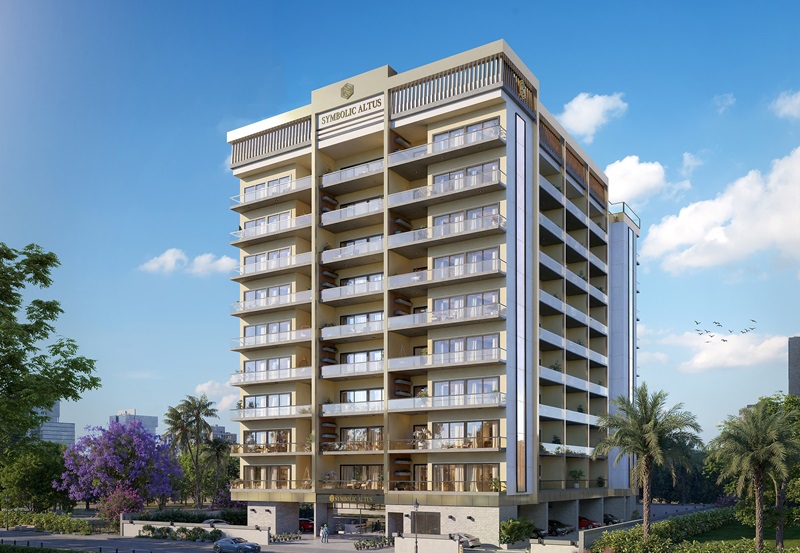
Accelerating the move towards UAE's net zero target, in the beginning of this year, Dubai government raised the cost of depositing non-recyclable waste in landfills.
According to a report, the cost of disposing of waste in landfill will now cost AED100 per tonne of non-recyclable waste deposited, up from AED10 per visit. The move was first announced prior to 2018, with an aim to encourage waste recycling, increase transparency and discourage disposal companies from overcharging customers.
 For this feature, CM today interviewed community management experts to understand their views on the issue of waste management in communities.
For this feature, CM today interviewed community management experts to understand their views on the issue of waste management in communities.
Garry Murray, director of CORE Owners Association and President Elect of Community Associations Institute Middle East (CAIME), said that the move has affected all communities and particularly those that have branded residences with F&B that carry larger waste collections and at increased frequency.
“On our smallest projects we have had to increase our budgets by over 110% per month on this line item. That is a large cost to the project. It is a huge burden on finances of larger projects and master communities that carry this cost as a pass through to the end user. At a time where costs are monitored regularly this is just another real example of the actual costs to maintain and operate a project that homeowners should be aware of,” he said.
 Waqar Hasan, CEO of Itihad Community Management, and President of Community Associations Institute Middle East (CAIME) said that his company has not been directly impacted by the increased cost. “However, there has been a strain on the Property Service Charge Budgets.”
Waqar Hasan, CEO of Itihad Community Management, and President of Community Associations Institute Middle East (CAIME) said that his company has not been directly impacted by the increased cost. “However, there has been a strain on the Property Service Charge Budgets.”
Jayshri Singh, Executive Director, Three60 Communities, said, “Landfill costs are included in the annual service charge budget of each community, as it is the owners who pay for such services and not the management company. Presently, most communities are focusing on the environment, sustainability and Corporate Social Responsibility (CSR) and these are line items already included in the community’s annual budgets. Most community management companies are working closely with the community boards or body corporates to invest a fraction of the community’s annual budget on landfill management initiatives. We do not consider this to be a hurdle as it is accounted for within the community’s budget.”

However, they agree that beyond the cost aspect, there is a larger issue at play here that needs to be addressed.
“This needs to become a teaching moment for residents to become more sustainable in their own waste actions and to understand the effects this has on the wider environment. There is a wasteful culture with food deliveries and takeaways. This is a wider topic than cost that needs to be debated. We need to look at the larger picture as to how this waste is being handled as the population increases,” said Garry.
He points out the need for a national drive to reduce waste generation and make residents more aware of how they can help the environment. “Change takes time and this will require a habitual change. There will have to be a national drive to reduce waste if costs are to be reduced. The collection and processing of waste is a huge challenge, particularly when there is a focus on tourism and short term stays in projects that encourage disposable refuse.”
Three60 Communities carries out regular awareness activities for residents in their communities, “This includes periodic notices, reminders, waste management campaigns and articles in our quarterly newsletters which are circulated via the PropEzy app. We are also partnering with various waste management providers on sustainable initiatives for recycling and smart waste management within the communities under our management, through various educational campaigns and incentives to encourage residents on responsible recycling and waste management. These will enable waste management and consequently landfill costs to be managed,” Jayshri said.
Speaking about the way forward, Waqar said, “In the short term there is no solution but to absorb the cost in service charges, while working towards innovation and execution of new systems. The waste in many cases is being generated by tenants and owners, however the expense is borne by the owners collectively. No one is individually accountable for how much waste they generate, or segregate at source. Presently there is no incentive for individuals to reduce waste. Therefore, it is imperative for new systems to be developed to incentivise waste reduction, segregation at source, and recycling.”
Setting up recycling facilities at communities require a large capital investment and community management companies do not view it as a feasible solution.
Jayshri said, “Each of our communities is unique, of a different nature and type and is spread across various locations within Abu Dhabi and Dubai. Given these dynamics and having looked into the cost and savings benefits of waste management plants, at this stage, we are unable to consider recycling of general domestic waste within each of our communities.”
“We will consider the addition of recycling plants if there is considerable advantage in comparison to simple segregation and, where possible, selling of recyclable waste. That will reduce the waste going to landfill and if recyclable waste is sold the additional revenue will offset the increased landfill costs,” adds Waqar.
Tackling community waste
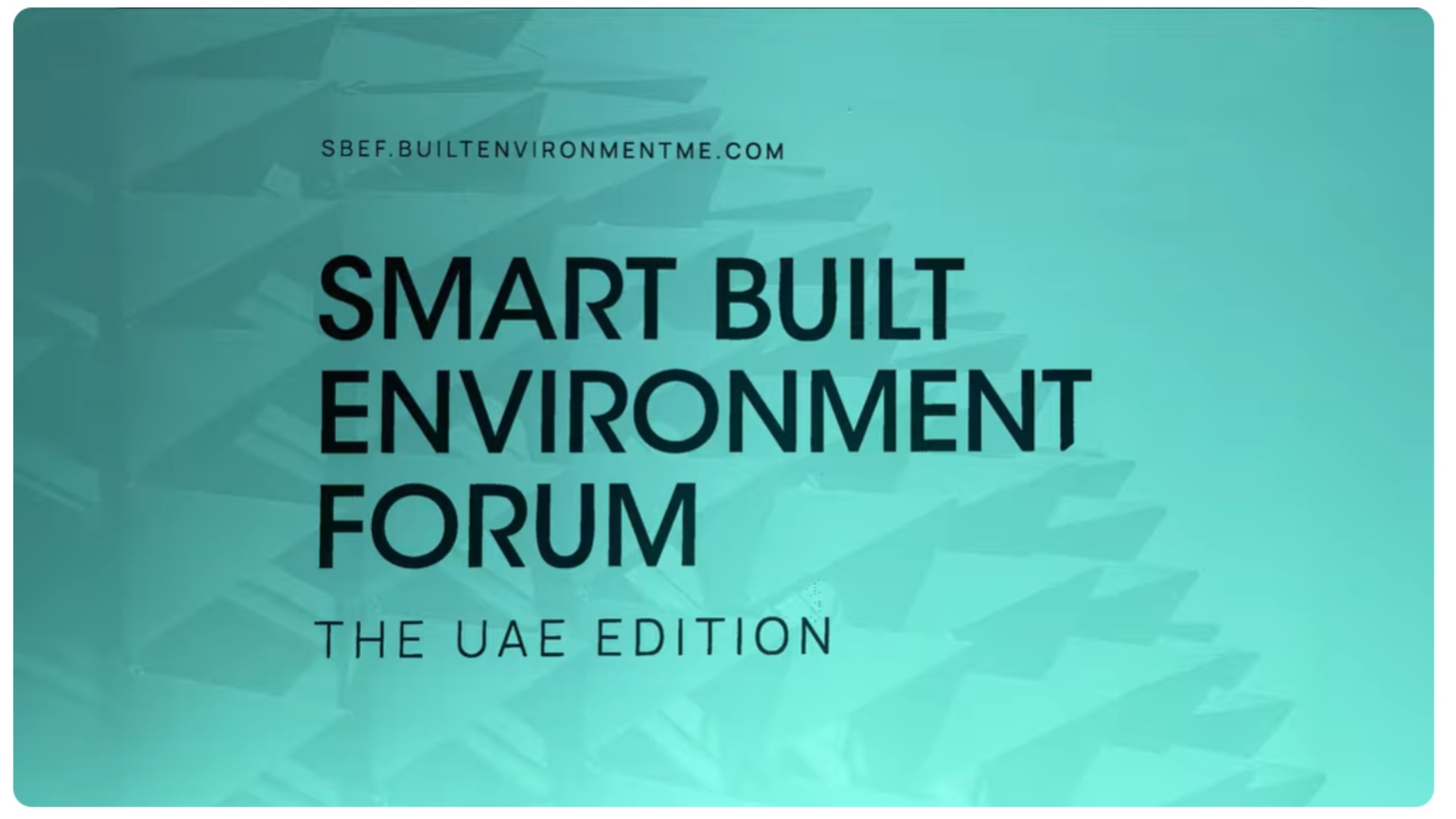






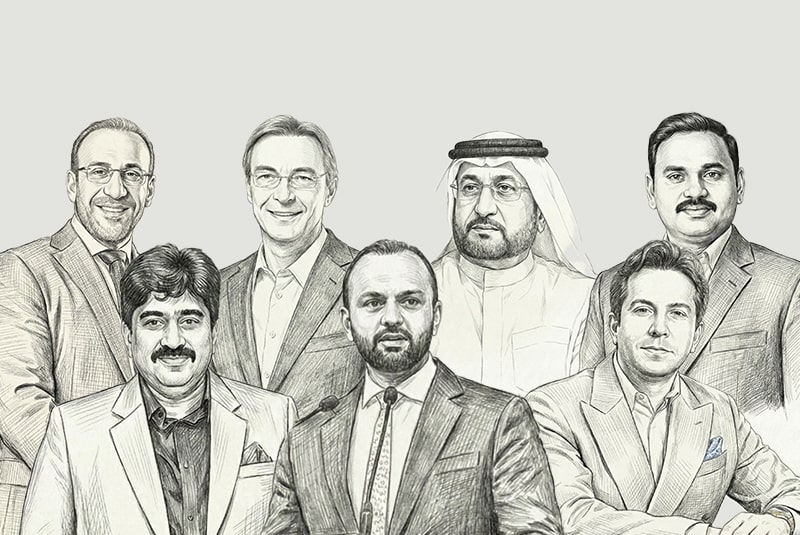
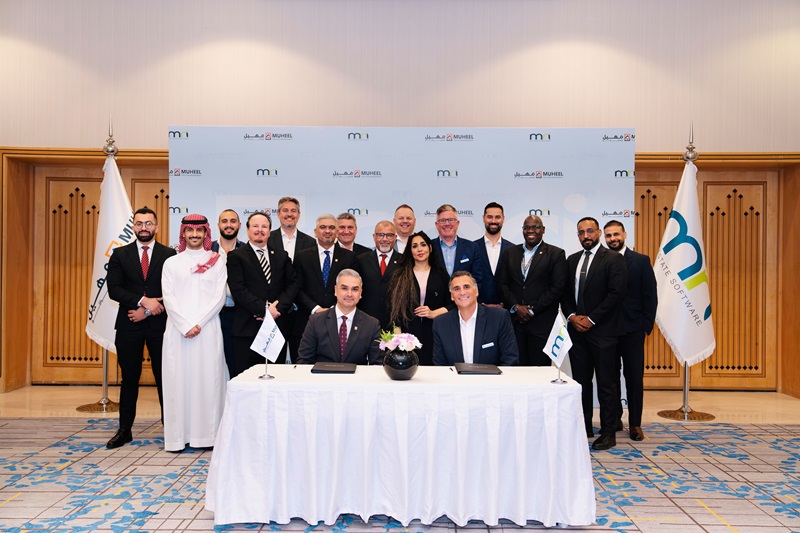
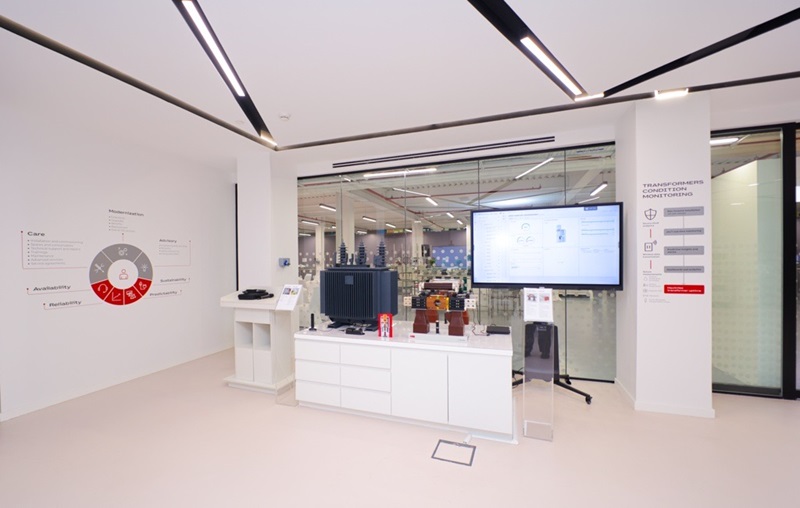
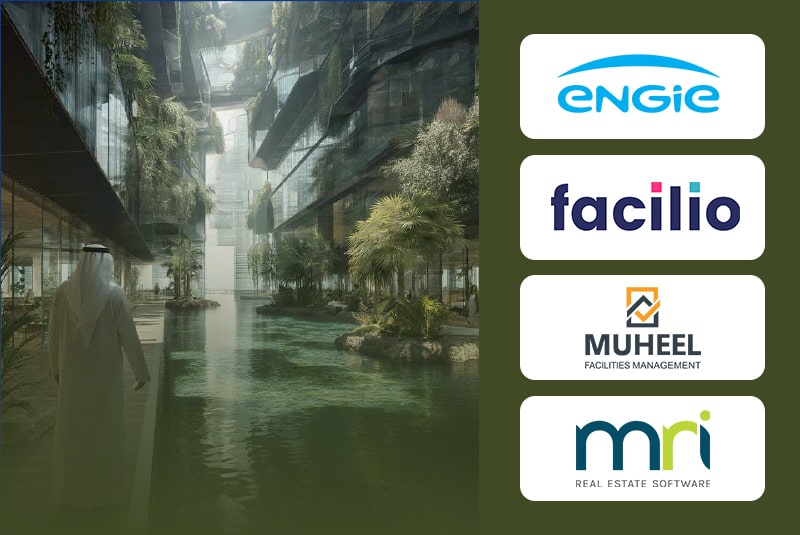
.jpg)

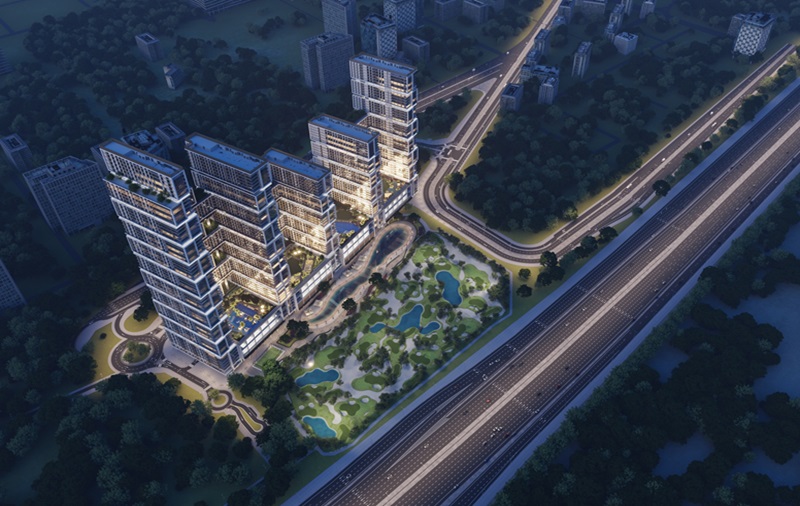
.jpg)
